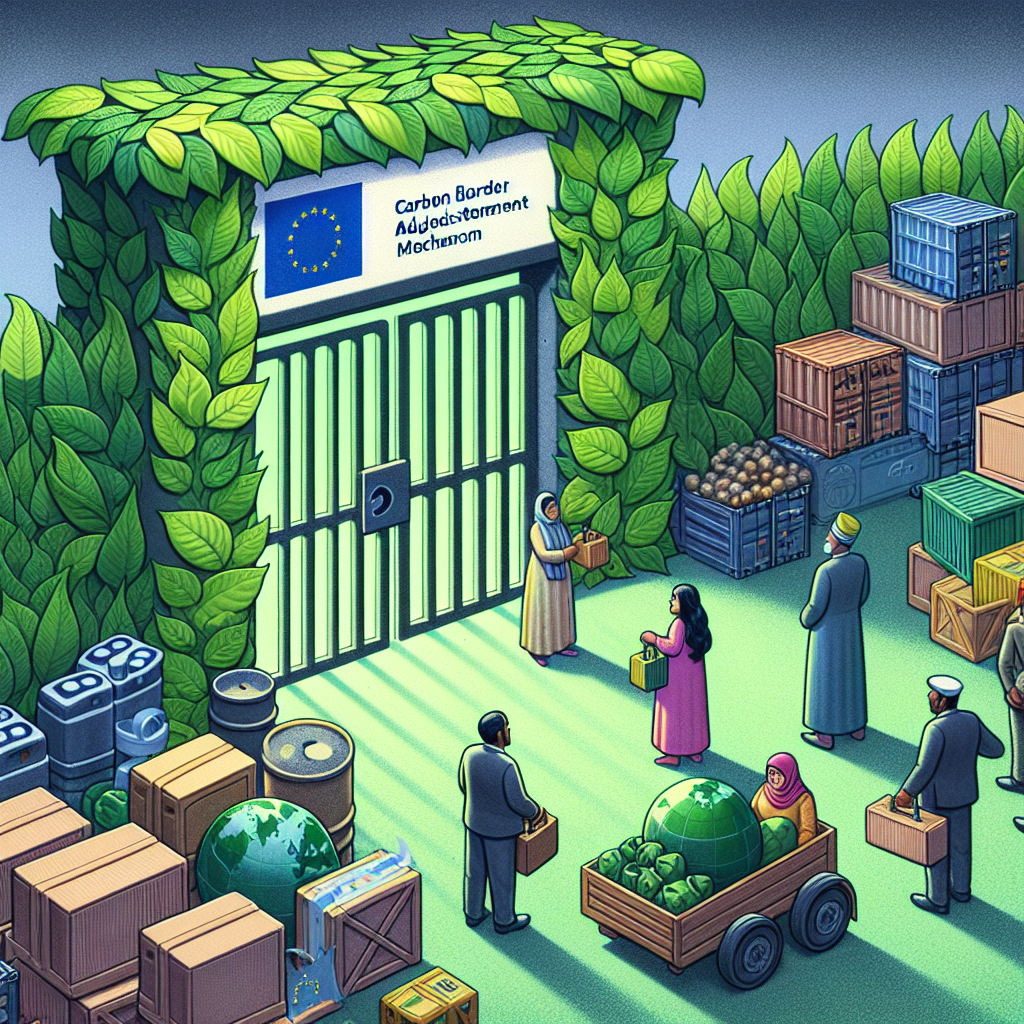EU Forest Policy Delay: A Balancing Act Between Trade and Conservation
The European Union has postponed its anti-deforestation law by 12 months, now set to start in December 2025. While striving for environmental conservation, the delay follows pushback from industries and nations opposing trade challenges. Companies must prove supply chains don’t harm forests or face fines.

European Union countries have agreed to delay implementing the bloc's pioneering anti-deforestation law by a full year, according to a statement from the Council of the EU. This decision pushes the policy's commencement to December 2025, relaxing the timeline for banning goods linked to forest destruction.
The postponement marks a setback for the EU's environmental agenda, drawing criticism from industries and governments resistant to strict climate measures. The decision, however, provides a reprieve for businesses and trading partners like the United States and Brazil, which claim the policy disrupts trade and imposes burdens on compliance.
The upcoming EU law mandates proof from companies and traders that their imports, including wood, cocoa, and other products, aren't tied to deforestation. Violators face penalties, while exporters from Europe must meet the same stringent requirements.
(With inputs from agencies.)










